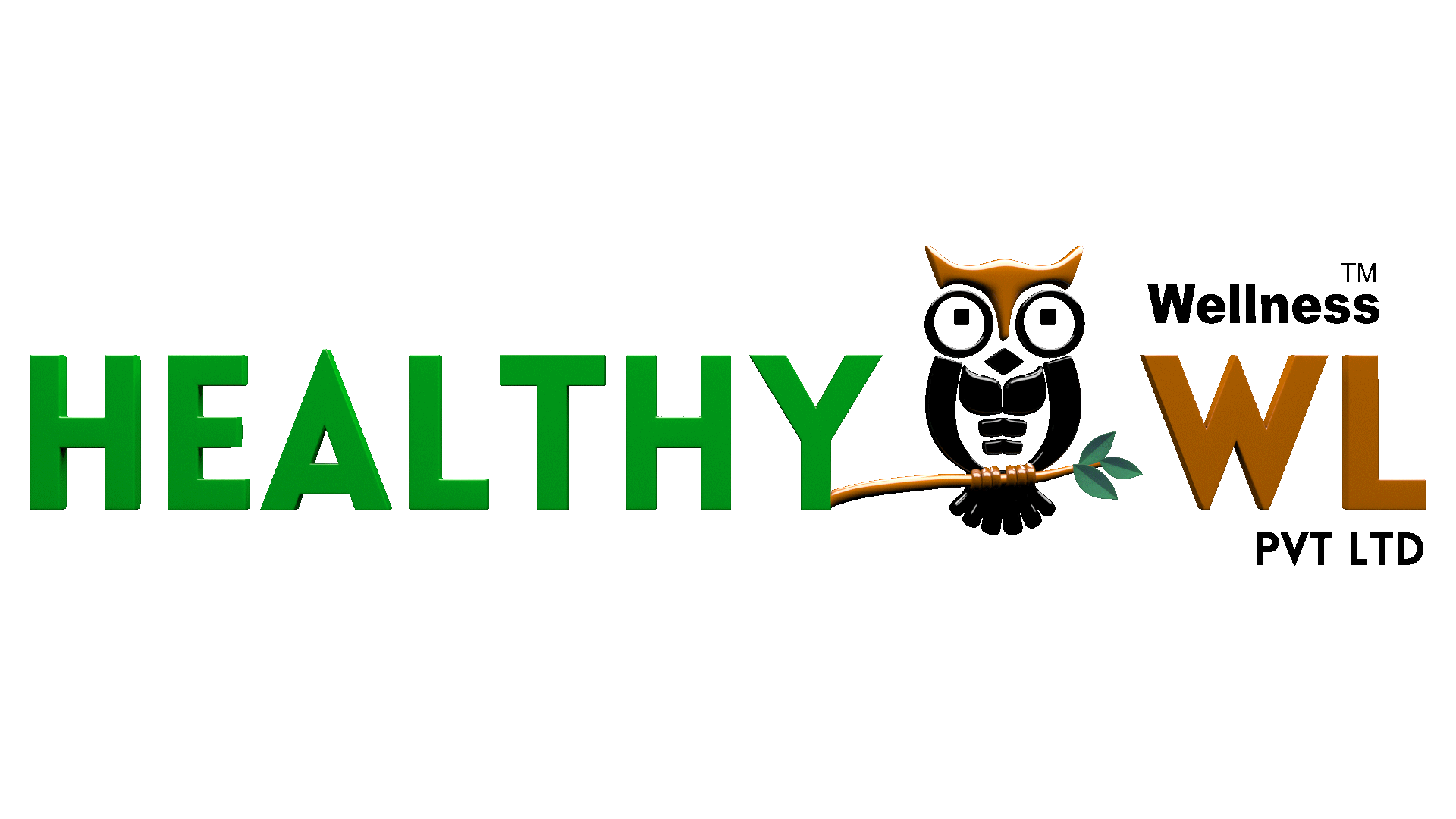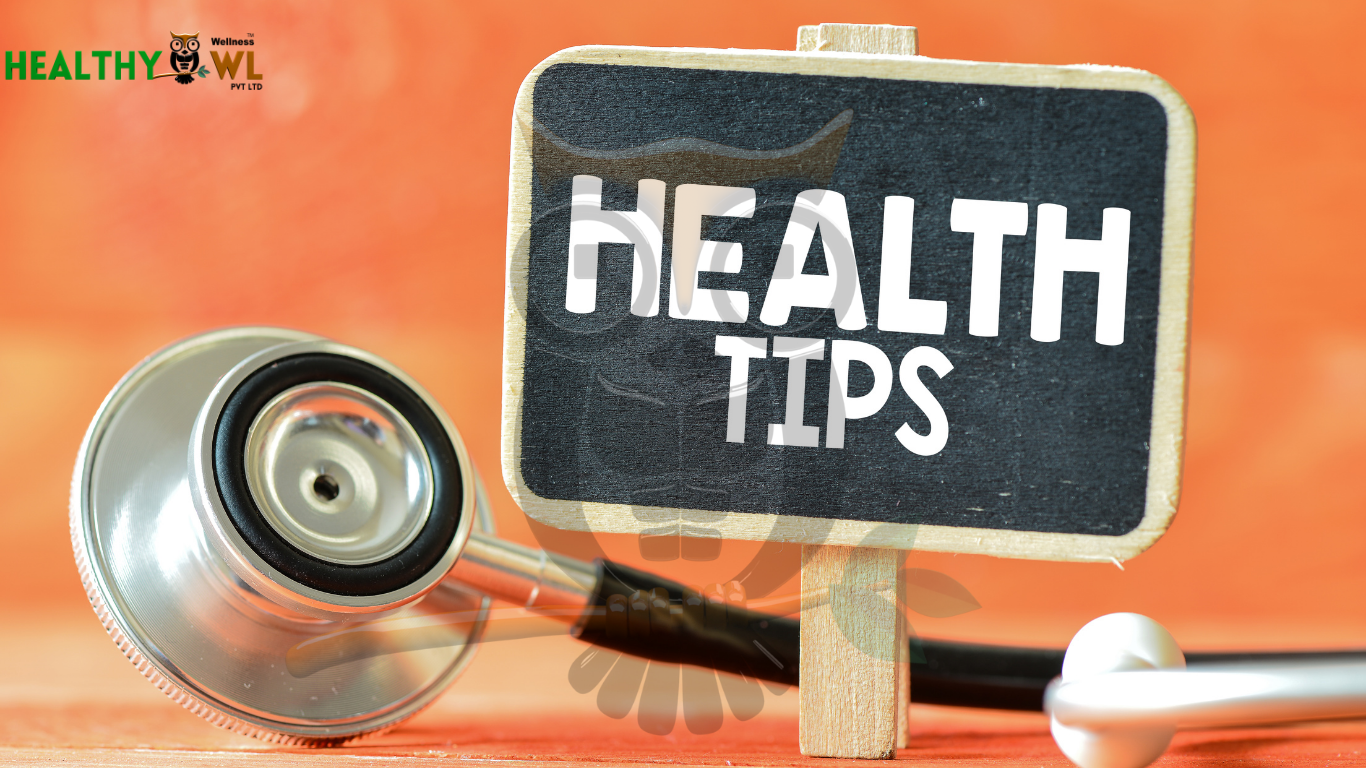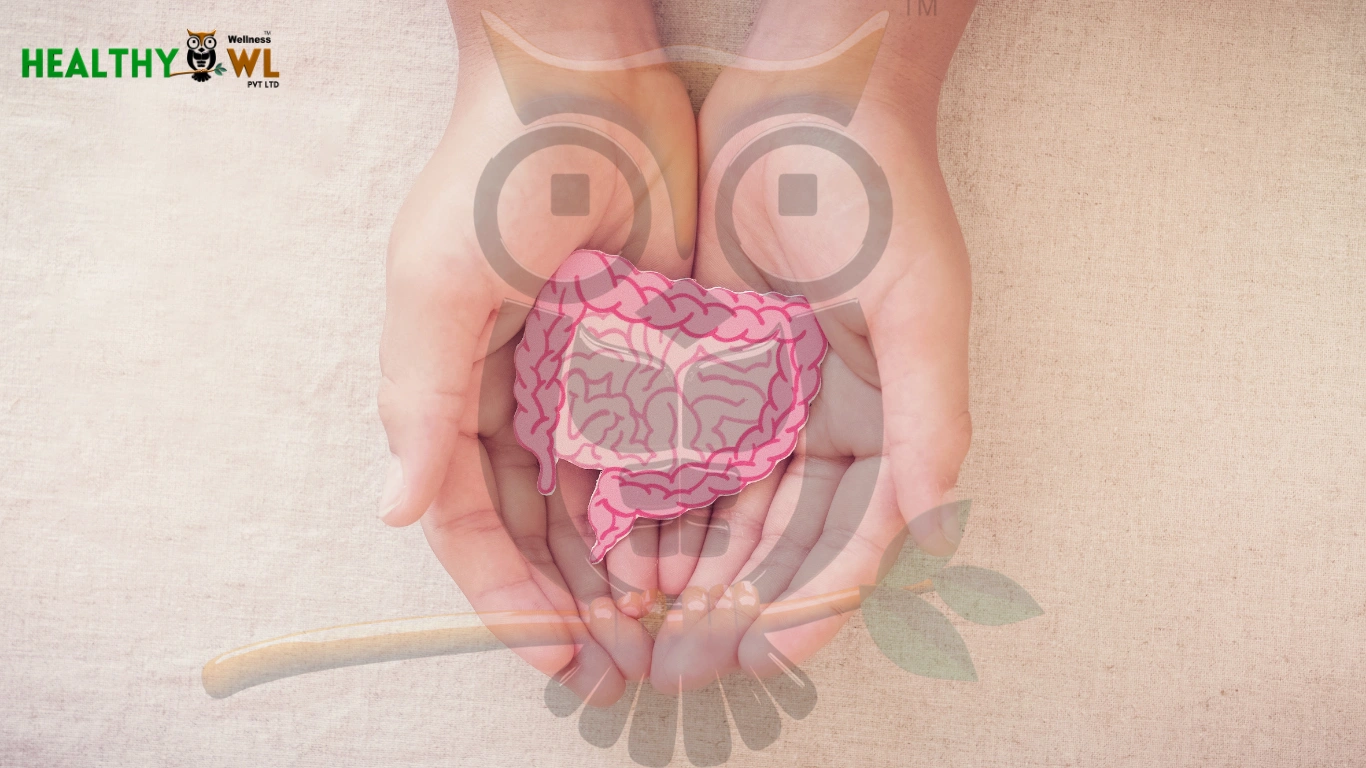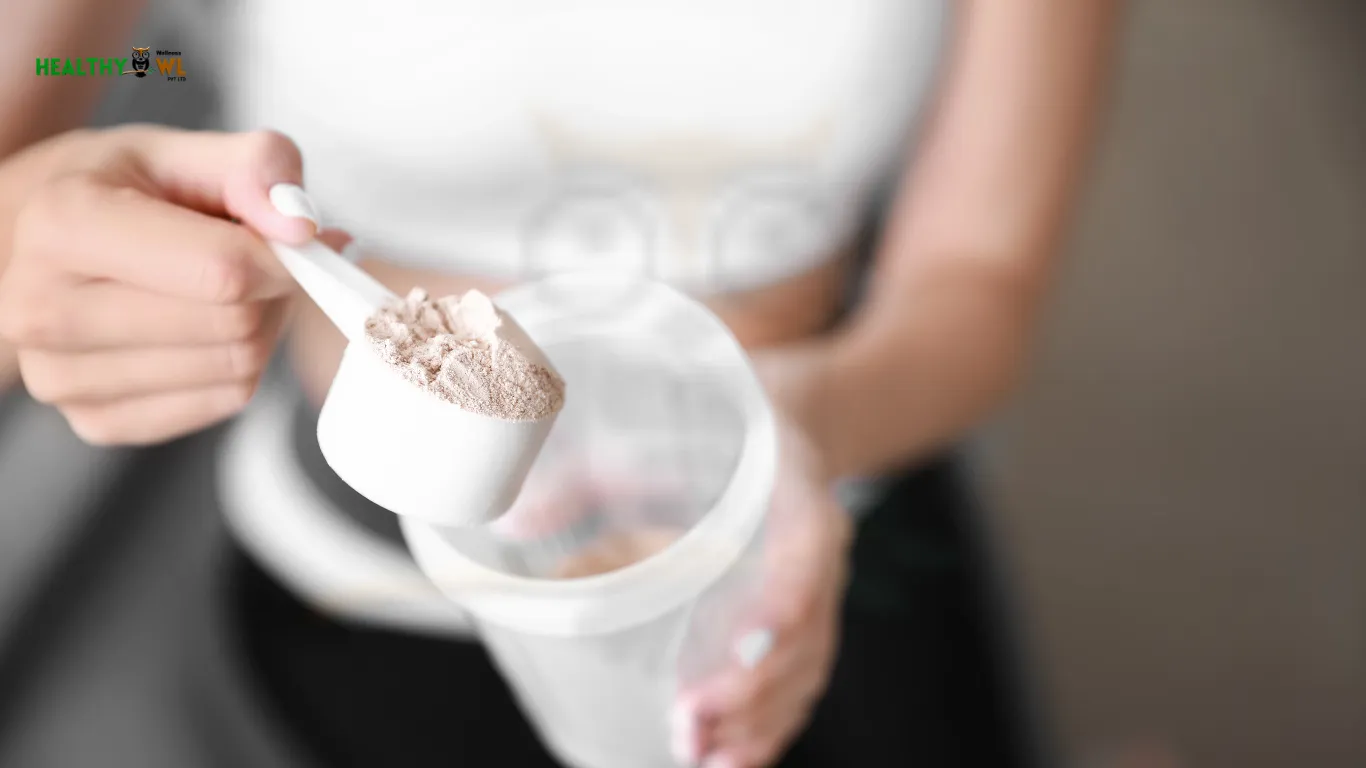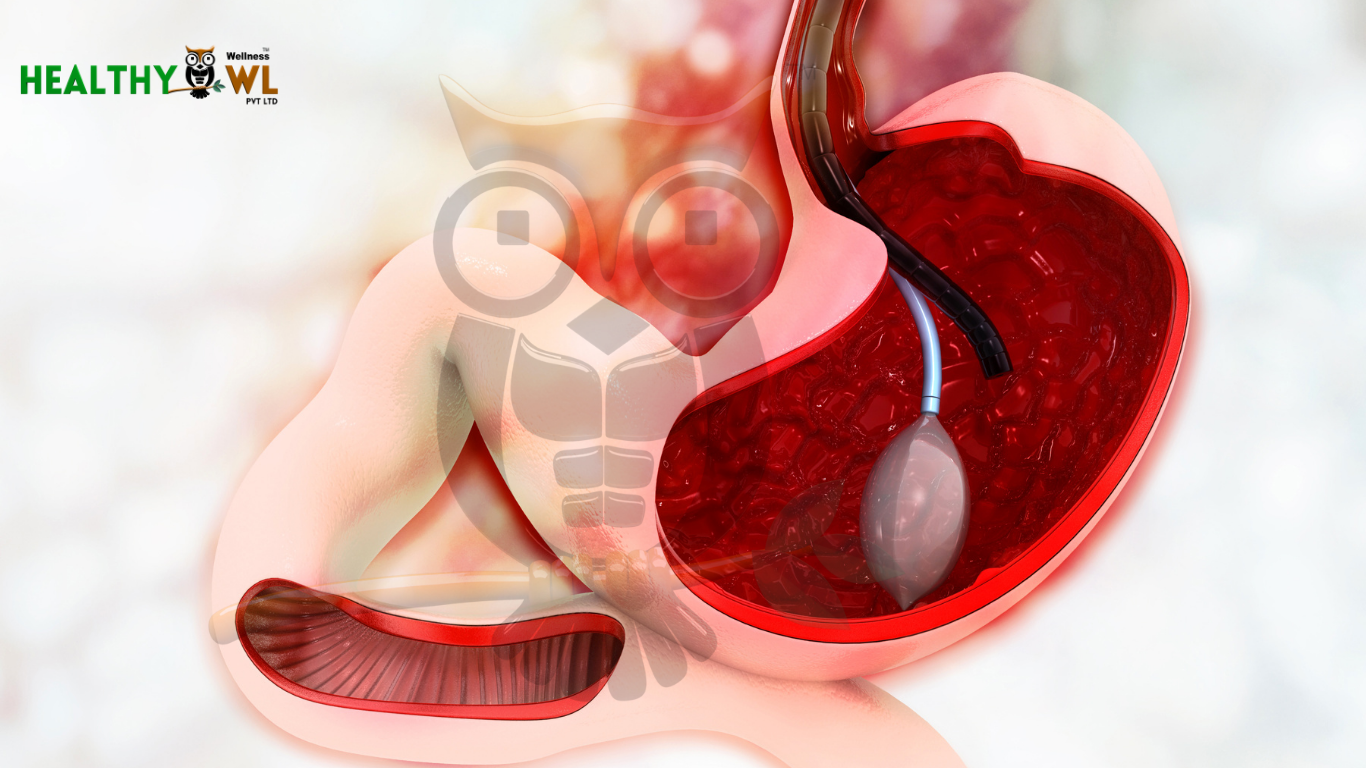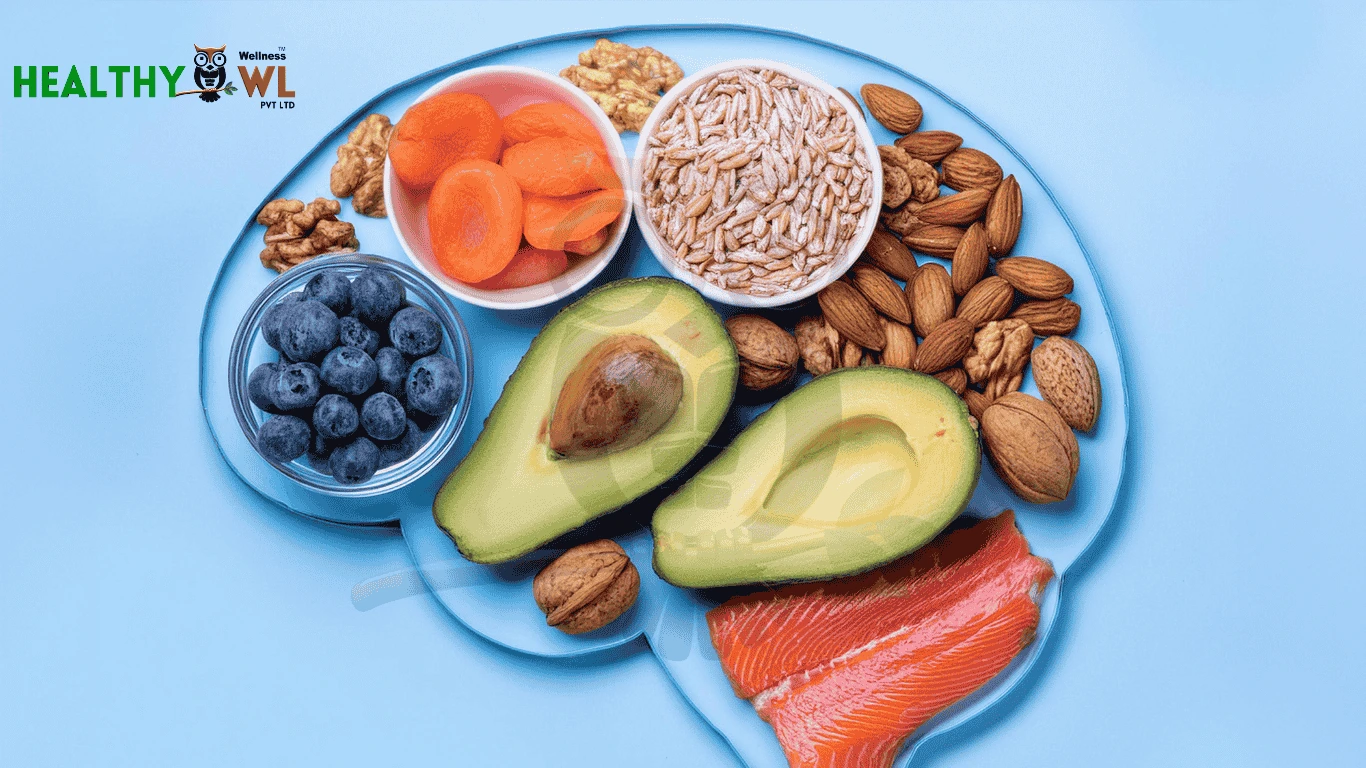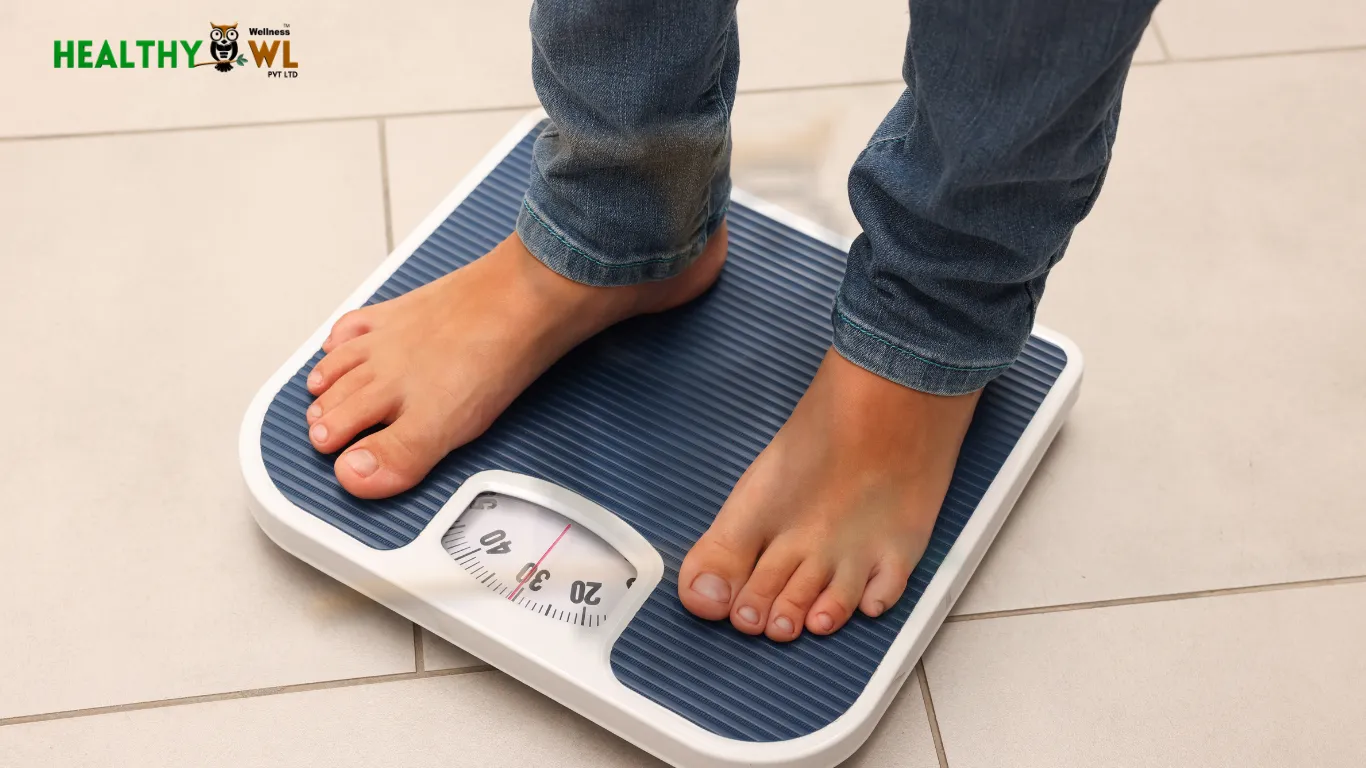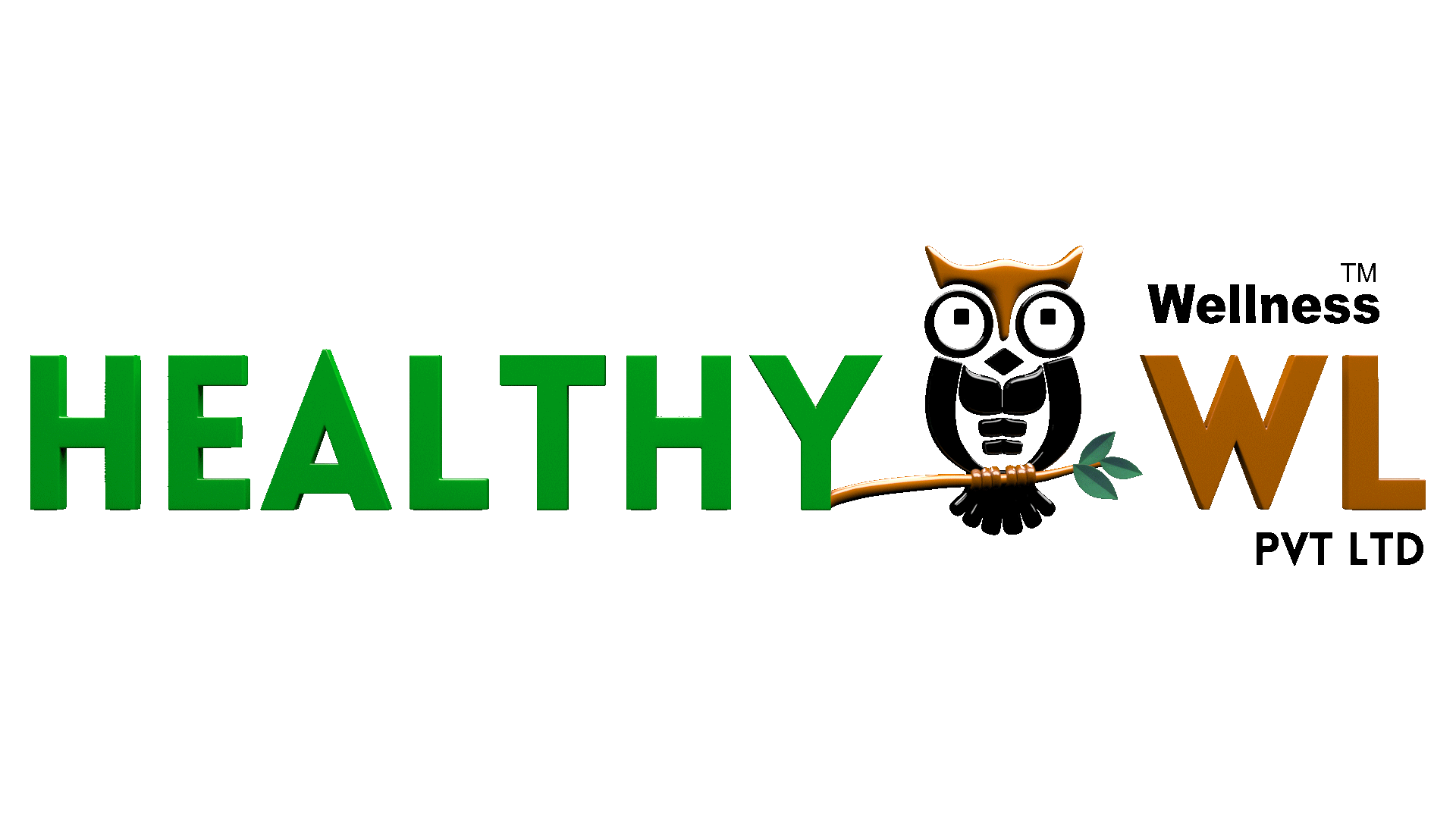Introduction: The Unsung Hero of Your Plate
In the world of nutrition, carbohydrates get debated and fats get vilified, but protein often stands as the undisputed champion. Yet, confusion abounds. Are you getting enough? Too much? Does timing matter? Is whey protein a necessity or just hype?
This comprehensive blog cuts through the noise. We’ll explore what science says about protein’s role in your body, from building lean muscle and shedding fat to supporting a robust immune system and promoting healthy aging. Whether you’re an athlete, a busy parent, or someone simply looking to improve their health, understanding your protein needs is the first step toward unlocking your body’s full potential.
What is Protein? More Than Just a Macronutrient
At its core, protein is one of the three essential macronutrients your body needs to function, alongside fats and carbohydrates. But its role is far more intricate than just providing energy.
Protein is made up of amino acids — often called the building blocks of life. These amino acids help form muscle, skin, hormones, and enzymes.
- Essential amino acids: Must come from diet (our body cannot produce them).
- Non-essential amino acids: Can be produced by our body.
When we eat protein-rich food, our body breaks it down into amino acids that are used for repair, growth, and energy.
Unlike carbohydrates and fats, your body doesn’t have a dedicated storage system for protein. This is why a consistent, daily intake is crucial for maintaining everything from muscle mass to hormonal balance.
Health Benefits of Adequate Protein Intake
1. Supports Muscle Growth and Repair (Muscle Protein Synthesis)
When you exercise, especially with resistance training, you create tiny micro-tears in your muscle fibers. Protein provides the necessary amino acids to repair this damage, making the muscles stronger and larger in a process called Muscle Protein Synthesis (MPS). Without enough protein, recovery is compromised, and muscle growth stagnates.
2. A Powerful Ally for Weight Management and Fat Loss
- Boosts Satiety and Reduces Cravings: Protein keeps you feeling fuller for longer than carbs or fats. It achieves this by reducing the level of the hunger hormone ghrelin while increasing satiety hormones like GLP-1 and Peptide YY. This naturally leads to lower overall calorie intake and fewer late-night snacking urges.
- Increases Your Metabolism (Thermic Effect of Food – TEF): Your body uses energy to digest and metabolize food. Protein has the highest TEF of all macronutrients. About 20-30% of the calories from protein are burned during digestion, compared to just 5-10% for carbs and 0-3% for fats.
- Preserves Lean Muscle Mass: During a calorie deficit, your body can lose both fat and muscle. A higher protein intake helps preserve precious muscle tissue, ensuring that the weight you lose is primarily from fat. This is critical because muscle is metabolically active and helps keep your metabolism from slowing down.
3. Strengthens Bones and Reduces Fracture Risk
Contrary to the old myth that high protein intake leaches calcium from bones, modern science shows the opposite. Adequate dietary protein, especially when combined with sufficient calcium and vitamin D, improves bone density and reduces the risk of osteoporosis and fractures, particularly in older adults.
4. Enhances Skin, Hair, and Nail Health
The structural integrity and youthful appearance of your skin, hair, and nails depend heavily on specific proteins.
- Collagen and Elastin: These proteins provide skin with its firmness and elasticity.
- Keratin: This is the structural protein that makes up your hair and nails.
A diet lacking in protein can lead to brittle nails, thinning hair, and dull skin.
5. Fortifies Your Immune System
Your body’s defenders, antibodies (or immunoglobulins) are proteins. They are essential for identifying and neutralizing harmful pathogens like bacteria and viruses. A sufficient protein intake ensures your immune system has the raw materials it needs to protect you from infections.
6. Promotes Healthy Aging
As we age, we naturally lose muscle mass and strength, a condition known as sarcopenia. This can lead to frailty, reduced mobility, and a lower quality of life. A higher protein intake (around 1.2–1.5 g/kg/day) can significantly slow this process, helping older adults stay stronger, more active, and independent for longer.
How Much Protein Do You Really Need? A Personalized Guide
There is no one-size-fits-all answer; your ideal protein intake depends on your age, body weight, activity level, and health goals. Here are the evidence-based recommendations:
- Sedentary Adults: The Recommended Dietary Allowance (RDA) is 0.8 grams of protein per kilogram of body weight per day (0.8 g/kg/day). This is the minimum amount needed to prevent deficiency.
- Active Adults & Athletes: To support performance and recovery, the needs increase to 1.2–2.0 g/kg/day as per Journal of International society of sports nutrition
- For Weight Loss: Aim for 1.2–1.6 g/kg/day. This higher intake helps preserve muscle mass while you are in a calorie deficit.
- For Muscle Gain: To maximize muscle building, the sweet spot is 1.6–2.2 g/kg/day, combined with consistent resistance training.
- Older Adults (50+): To combat age-related muscle loss, a target of 1.2–1.5 g/kg/day is recommended.
Example Calculation for a 70 kg Person:
- Sedentary: 70 kg×0.8 g/kg=56 grams/day
- Weight Loss: 70 kg×1.4 g/kg=98 grams/day
- Muscle Building: 70 kg×1.8 g/kg=126 grams/day
As per Protein And Amino Acid Requirements In Human Nutrition
Safe vs. Excessive Protein Intake: Debunking the Myths
- More protein automatically means more muscle: Muscle gain needs progressive resistance training + sufficient calories. Beyond your per-meal and daily needs, extra protein won’t “force” more muscle.
- High protein ruins healthy kidneys.: In healthy adults, intakes used in sport (up to ~2.0 g/kg/day) haven’t shown harm; risks rise for those with existing kidney issues or certain metabolic conditions—these individuals require medical guidance.
- Vegetarians can’t meet protein needs: With dal/legume + grain patterns, dairy/soy, nuts/seeds, and adequate calories, vegetarians routinely meet targets. (ICMR-NIN guidelines endorse mixed diets to achieve adequacy.)
(EFSA) reports on protein requirements confirm these safety levels for the general population.
Protein for Kids: Why It’s Crucial
Protein is vital for children’s growth, development, and immunity. A lack of protein can lead to stunted growth, weak muscles, and poor learning ability.
- 4–13 years: About 19–34 g daily (depending on age & weight).
- Teenagers (14–18 years): 46 g/day for girls, 52 g/day for boys.
Simple protein additions for kids:
- Milk or soy milk in breakfast
- Paneer/tofu in lunch
- Lentil soup or sprouts in snacks
- Eggs or lean chicken for non-veg kids
Protein powders are generally not recommended for children unless prescribed by a pediatrician for a specific medical reason.
Vegetarian & Non-Vegetarian Protein Sources
Meeting your protein goals is achievable with any dietary preference. Here are some excellent sources, particularly relevant for an Indian diet:
Vegetarian Sources:
- Paneer: ~18 g per 100 g
- Greek Yogurt: ~15–17 g per 170 g cup
- Soy Chunks (cooked): ~24 g per 50 g dry weight
- Rajma/Chole (cooked): ~15 g per 1 cup
- Moong Dal (cooked): ~14 g per 1 cup
- Tofu: ~8–10 g per 100 g
- Peanuts: ~7 g per 30 g handful
Non-Vegetarian Sources:
- Chicken Breast (cooked): ~30–32 g per 100 g
- Fish (various, cooked): ~22–26 g per 100 g
- Eggs: ~6–7 g per large egg
- Prawns (cooked): ~20–22 g per 100 g
Smart Combos for Complete Protein: Enhance the quality of vegetarian protein by combining sources, such as Dal + Rice, Idli + Sambar, Sprouts + Peanuts, or Khichdi + Curd.
Navigating Protein Shakes & Supplements
Protein supplements are a convenient tool, not a magic bullet. Whole food sources should always be your foundation.
When are they useful?
- Convenience: For busy individuals who might otherwise miss a meal.
- Post-Workout Recovery: A fast-digesting protein shake can quickly deliver amino acids to your muscles.
- Dietary Gaps: To help vegetarians, vegans, or those with high protein needs meet their daily targets easily.
Common Types:
- Whey Protein: Milk-derived, fast-absorbing, and rich in leucine. Ideal for post-workout.
- Casein Protein: Milk-derived but slow-digesting, providing a steady release of amino acids. Great before bed.
- Plant-Based Blends: Combinations of soy, pea, rice, or hemp protein, designed to provide a complete amino acid profile for vegans.
Usage Tip: Stick to one serving (typically 20–30 g of protein) at a time. Always look for brands that undergo third-party testing for quality and purity.
Quick Protein Hacks to Boost Your Intake
If you struggle to meet daily protein needs, these hacks help:
- Start your day with protein – Eggs, paneer, or protein smoothie.
- Snack smart – Roasted chickpeas, Greek yogurt, protein bars.
- Add seeds & nuts – Sprinkle flax, chia, or hemp seeds on salads or smoothies.
- Double up on lentils/beans – Add extra dal or rajma to meals.
- Use high-protein flours – Mix soy flour or besan with wheat flour for rotis.
- Keep ready-to-eat options – Protein powder, roasted soya chunks, cheese cubes.
- Prioritize protein per meal – Aim for 20–30 g per meal, not all at once.
Frequently Asked Questions (FAQs)
Q1. How much protein do I need daily for weight loss?
👉 For effective weight loss that preserves muscle, aim for 1.2–1.6 grams of protein per kilogram of your body weight per day. For a 70 kg person, this is about 84–112 grams.
Q2. Can kids take protein shakes?
👉 It is generally not necessary or recommended. A balanced diet with whole foods like dal, milk, paneer, nuts, and eggs is sufficient to meet a child’s protein needs for healthy growth.
Q3. Is eating 100 grams of protein a day safe?
👉 Yes, for a moderately active adult weighing around 60–80 kg, 100 grams of protein is well within the safe and effective range.
Q4. What’s the best time to drink a protein shake?
👉 The “anabolic window” post-workout is a popular time, but research shows that your total daily protein intake is more important. You can have it post-workout, as a meal replacement, or anytime you need a convenient protein boost.
Q5. Will eating more protein make me bulky?
👉 This is a common myth, especially among women. Gaining significant muscle mass (“bulk”) requires a combination of very high calorie intake and intense, heavy resistance training. For most people, a high-protein diet will lead to a leaner, more toned physique, not bulkiness.
Conclusion: Prioritize Protein for a Healthier You
Protein is a powerhouse nutrient that does far more than just build muscle. It’s fundamental to managing your weight, strengthening your body, and maintaining long-term health. The key is to tailor your intake to your unique goals and lifestyle. Focus on high-quality whole food sources first, and use supplements smartly as a tool for convenience. By making protein a priority on your plate, you are investing in a stronger, healthier, and more resilient you.
Source:
EFSA Report on Protein Requirements
PROTEIN AND AMINO ACID REQUIREMENTS IN HUMAN NUTRITION – By WHO
Journal of international society sports nutrition
Dietary Guidelines For Indian
